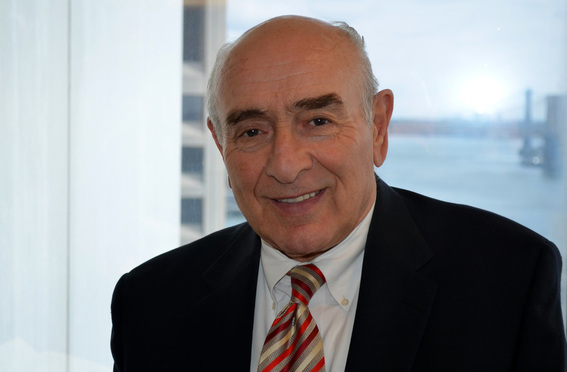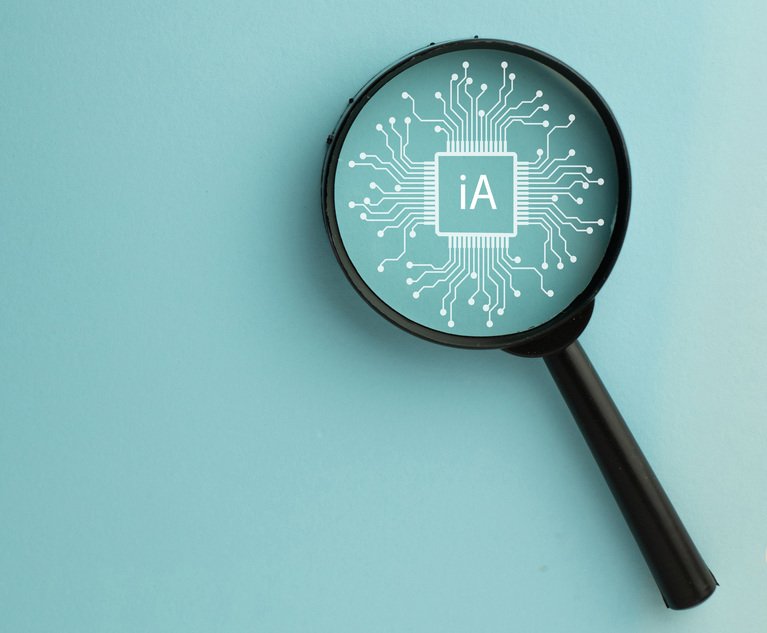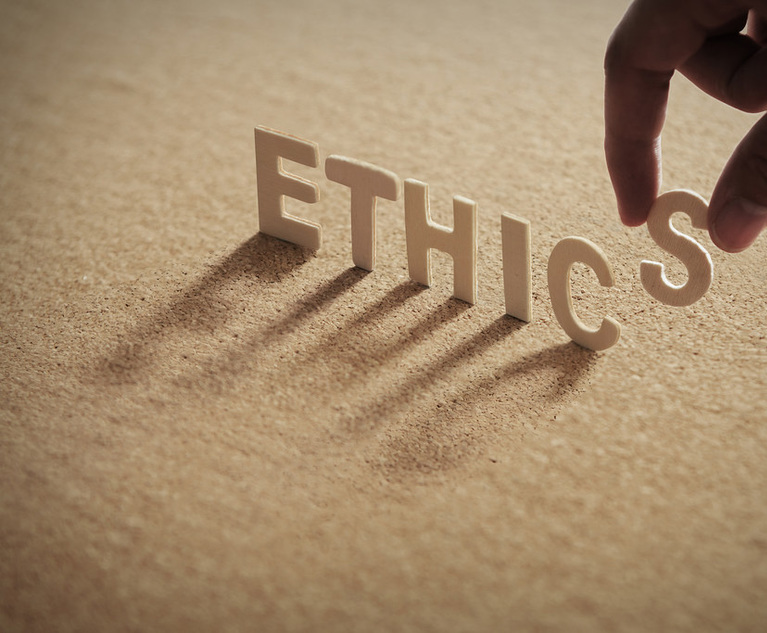One of the arduous tasks of trial and appellate judges in complex litigations is to screen expert testimony for reliability. Does the evidence get past the admissibility gate, or not? The judges are thus called “gatekeepers” and, upon their determinations, rests much of the life or death of a complex case. Since the judges’ toil in the reliability vineyards is challenging, the litigating attorney for either side ought to view his or her role with some cautious gravity. Advocates wrangling over showings of reliability is serious business. A certain core of earnest diligence is called for. Preparation and structuring of proofs on expert reliability is rarely a shortcut exercise.
In federal courts admissibility of expert testimony is governed by Federal Evidence Rule 702 and further clarified by the Supreme Court’s decisions in Daubert v. Merrell Dow Pharms., 509 U.S. 579 (1993); General Electric Co. v. Joiner, 522 U.S. 136 (1997); and Kumho Tire Co. v. Carmichael, 526 U.S. 137 (1999). For a fulsome discussion of these cases and many issued thereafter, see M. Hoenig, “Gatekeeping: Reliability of Expert Testimony Under Daubert (and Frye), chapt. 14, in 2 Preparing For and Trying the Civil Lawsuit (N.Y. State Bar Ass’n Treatise; N.A. Goldberg and J.P. Freedenberg, Editors).
This content has been archived. It is available through our partners, LexisNexis® and Bloomberg Law.
To view this content, please continue to their sites.
Not a Lexis Subscriber?
Subscribe Now
Not a Bloomberg Law Subscriber?
Subscribe Now
LexisNexis® and Bloomberg Law are third party online distributors of the broad collection of current and archived versions of ALM's legal news publications. LexisNexis® and Bloomberg Law customers are able to access and use ALM's content, including content from the National Law Journal, The American Lawyer, Legaltech News, The New York Law Journal, and Corporate Counsel, as well as other sources of legal information.
For questions call 1-877-256-2472 or contact us at [email protected]


 Michael Hoenig
Michael Hoenig




